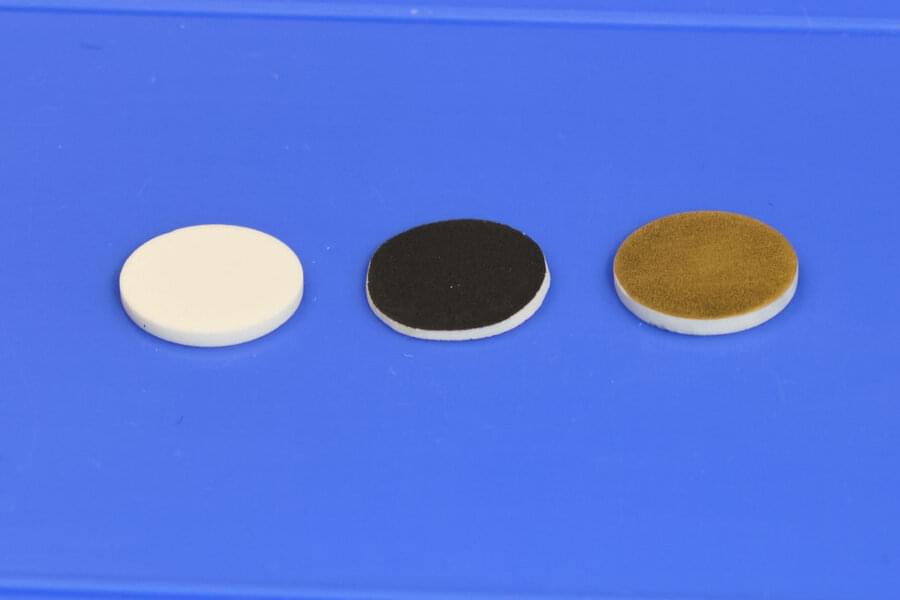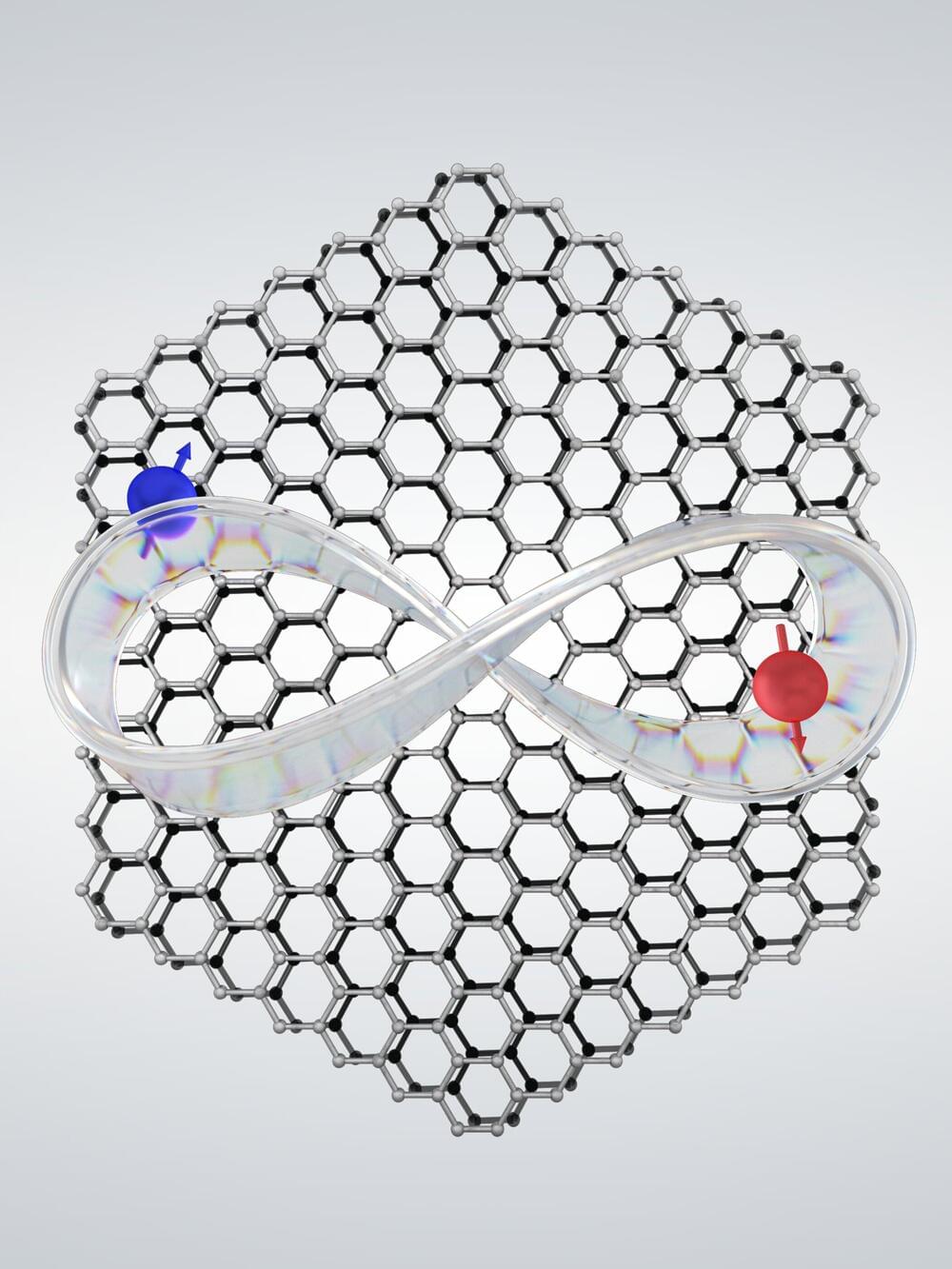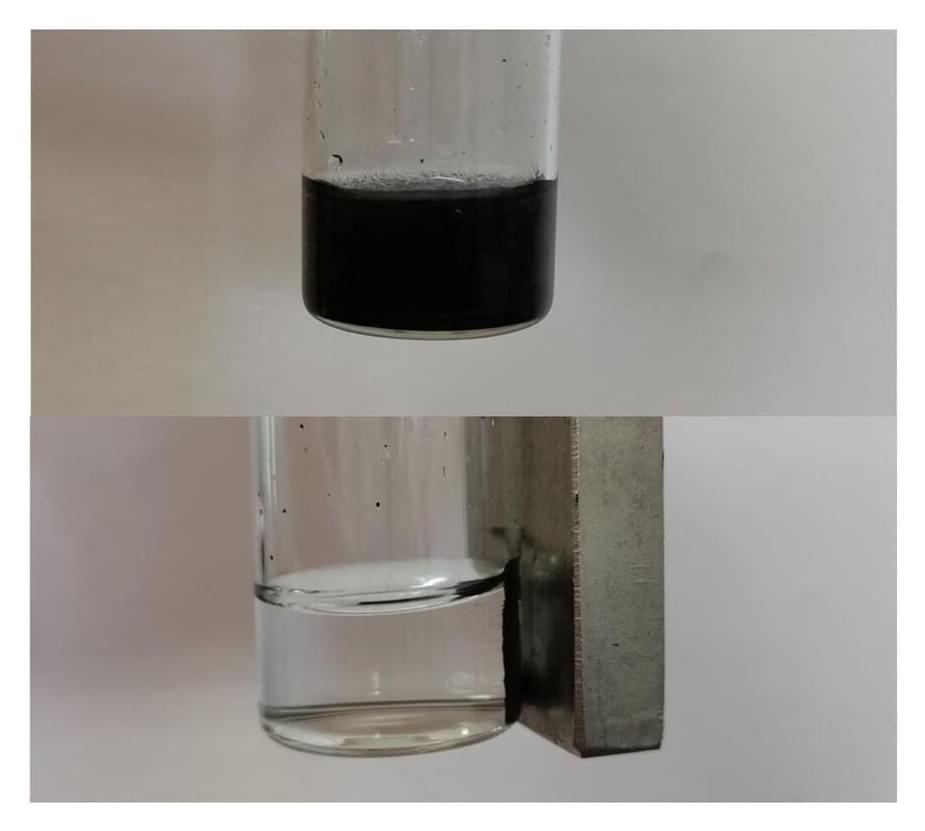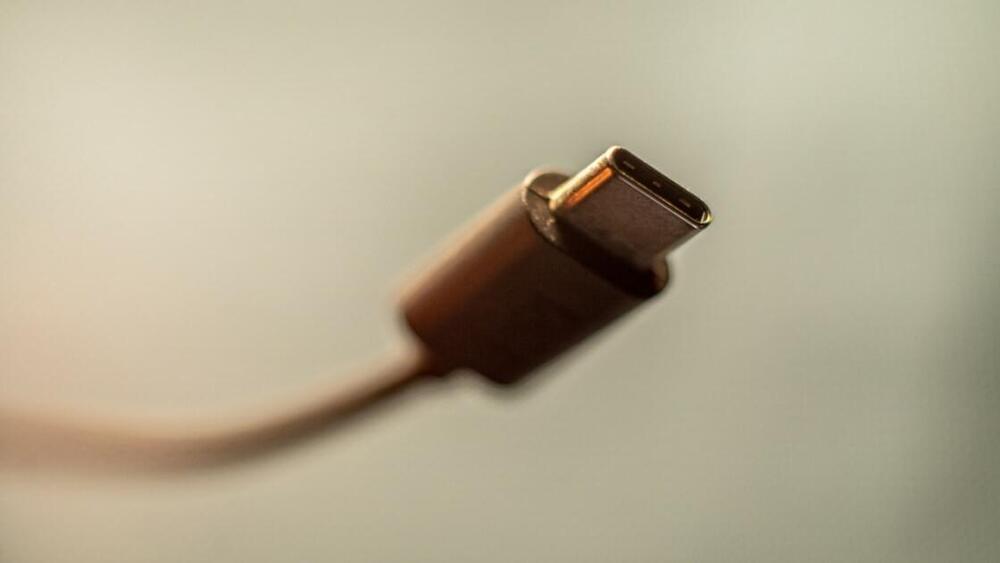The world’s first demonstration device to produce 1,000 tons of gasoline per year from carbon dioxide (CO2) hydrogenation has completed its technology evaluation and trial operation.
Located in the Zoucheng Industrial Park, Shandong province, China, the project has been jointly developed by the Dalian Institute of Chemical Physics (DICP) of the Chinese Academy of Sciences (CAS) and the Zhuhai Futian Energy Technology company. The hydrogenation of CO2 into liquid fuels and chemicals can not only realize the resource utilization of CO2 but also facilitate the storage and transportation of renewable energy.
However, activation and selective conversion of CO2 are challenging. A technology that can selectively produce energy-dense, value-added hydrocarbon fuels will provide a new route to promote the clean, low-carbon energy revolution.








